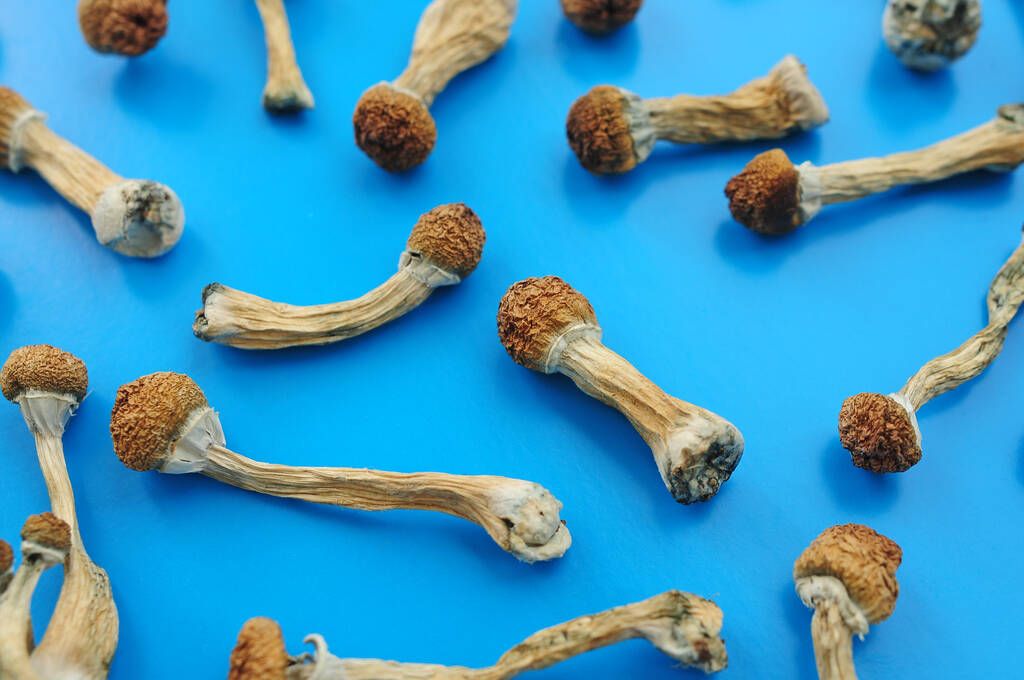A recent study published in Pharmacological Reports by researchers at the Medical University of Warsaw suggests that psilocybin may offer significant benefits in treating obsessive-compulsive disorder (OCD).

Dried psilocybin mushrooms.
OCD is a chronic mental health condition that affects approximately 2% of the population, characterized by persistent and intrusive thoughts (obsessions) and repetitive behaviors (compulsions) that can severely disrupt daily life.
Current pharmacological treatments for OCD primarily target serotonin, dopamine, and glutamate neurotransmission systems. Selective serotonin reuptake inhibitors (SSRIs) are commonly prescribed, yet up to 40% of patients do not respond adequately to these treatments. This has created a critical need for new therapeutic options.
The study highlights recent findings that psilocybin, when administered in controlled clinical settings, may alleviate the symptoms of OCD. Psilocybin’s potential lies in its ability to modulate the serotoninergic, dopaminergic, and glutamatergic systems, which are implicated in the pathogenesis of OCD.
The researchers emphasize that while psilocybin is not physically addictive and shows promise in reducing OCD symptoms, it must be used carefully, with appropriate dosing and clinical supervision.
“When used in appropriate doses and under strict clinical control, psilocybin appears as a valuable treatment for OCD”, the study concludes.
The study’s full abstract can be found below:
Obsessive-compulsive disorder (OCD) is a chronic mental disease that affects approximately 2% of the population. Obsessions and compulsions are troublesome for patients and may disturb their everyday activities. The pathogenesis of this disease is still not fully elucidated, but dysfunctions of serotonin-, dopamine- and glutamate-mediated neurotransmission together with early maladaptive schemas seem of importance. Pharmacological treatment includes drugs affecting the serotoninergic, dopaminergic, and glutamatergic systems, such as selective serotonin reuptake inhibitors (SSRIs). Providing that up to 40% of patients with OCD are resistant to the currently available medications, there is a need for novel and effective therapies. Recent discoveries suggest that psilocybin, a non-physically addictive psychoactive substance, may ameliorate disease symptoms. When used in appropriate doses and under strict clinical control, psilocybin appears as a valuable treatment for OCD. This narrative article provides a thorough overview of OCD’s etiology, current treatment options, and the emerging evidence supporting psilocybin’s efficacy in managing OCD symptoms.







